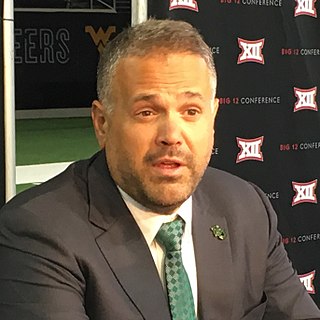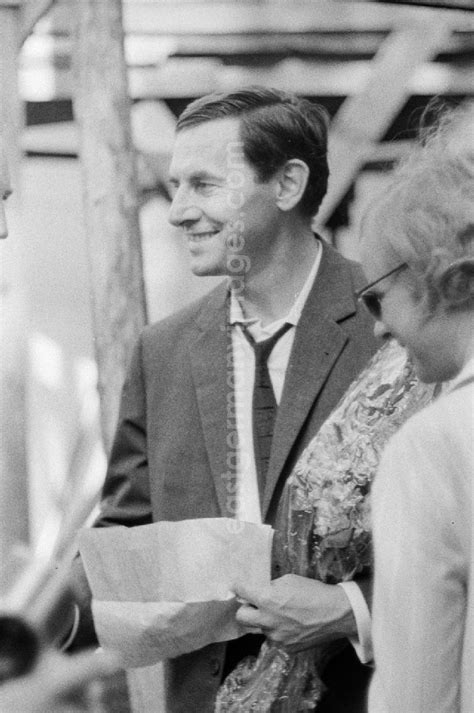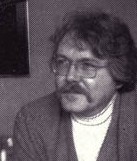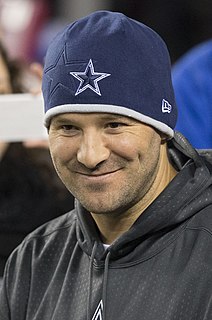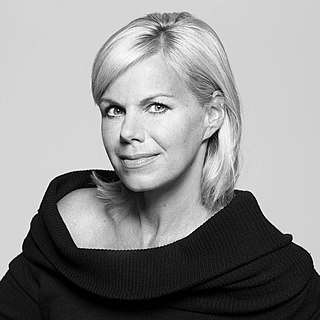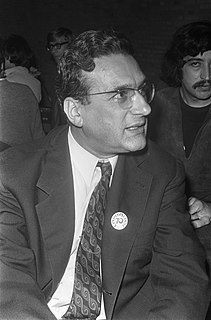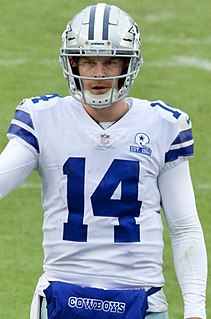A Quote by Stanley A. McChrystal
What I really want are students who want to partner with other people, to be part of an organization and to influence people so that they can accomplish things that the organization would not have accomplished otherwise.
Quote Topics
Related Quotes
The Organization of Afro-American Unity was an organization that was a secular group. It largely consisted of people that we would later call several years later Black Powerites, Black nationalists, progressives coming out of the Black freedom struggle, the northern students' movement, people - students, young people, professionals, workers, who were dedicated to Black activism and militancy, but outside of the context of Islam.
One of the reasons I'm lucky is to be around an owner like Jerry Jones. I'm not just saying it. The reality of it is the guy wants to win. As a quarterback, you need ownership and people in the front office and organization to help you win. If you don't get that help, you're always going to be fighting an uphill battle. You feel that, being a part of this organization with Jerry, that he's going to bring in people and sign people and want to improve this football team every year. It allows you to feel like, hey, we have a chance and I have a chance to do some special things around here.
In any bureaucratic organization there will be two kinds of people: those who work to further the actual goals of the organization, and those who work for the organization itself. Examples in education would be teachers who work and sacrifice to teach children, vs. union representative who work to protect any teacher including the most incompetent. The Iron Law states that in all cases, the second type of person will always gain control of the organization, and will always write the rules under which the organization functions.
The distance between number one and number two is always a constant. If you want to improve the organization, you have to improve yourself and the organization gets pulled up with you. That is a big lesson. I cannot just expect the organization to improve if I don't improve myself and lift the organization, because that distance is a constant.

